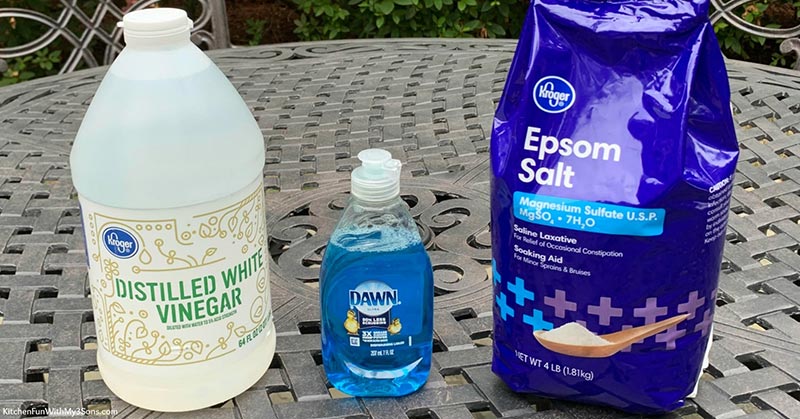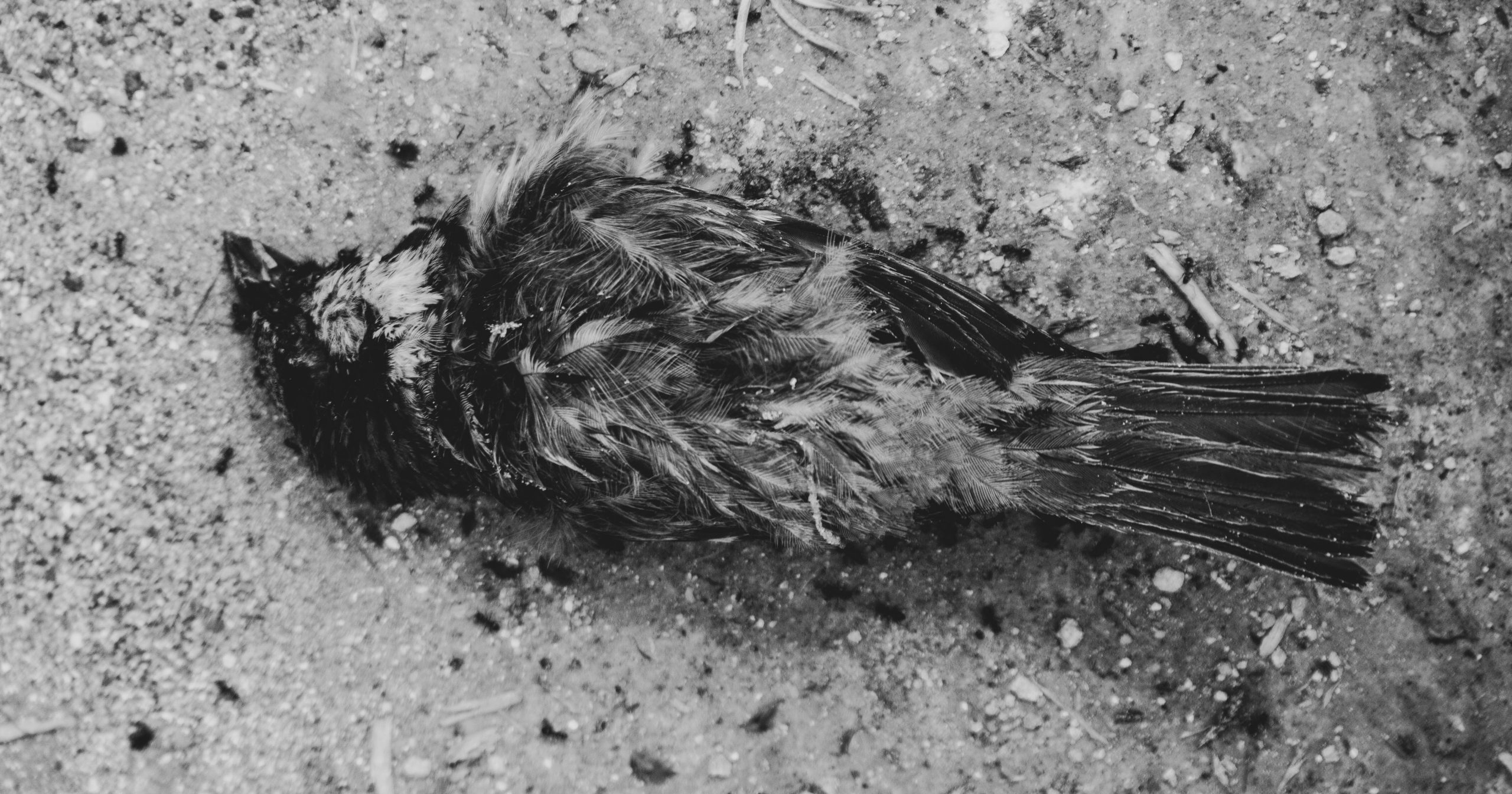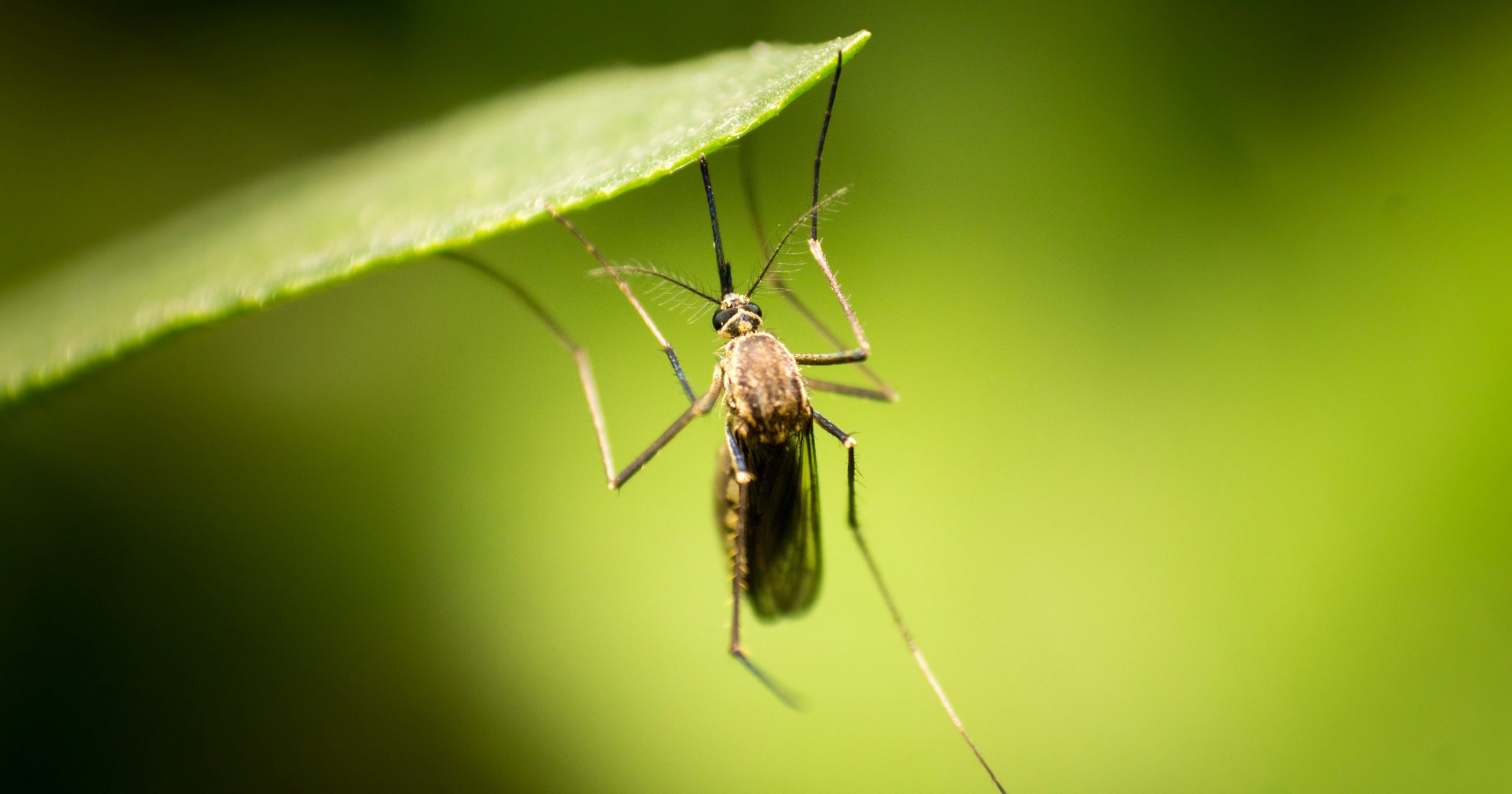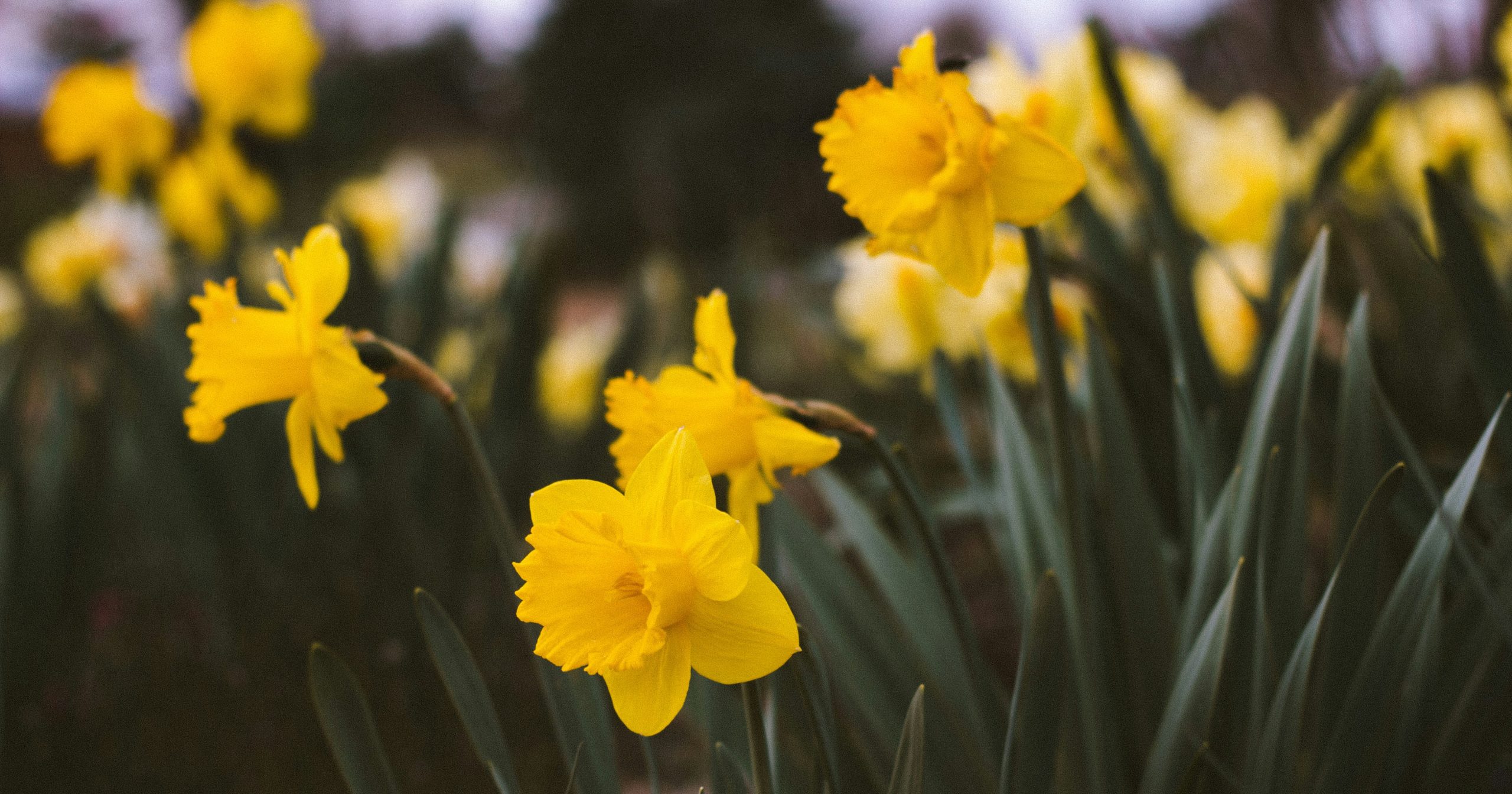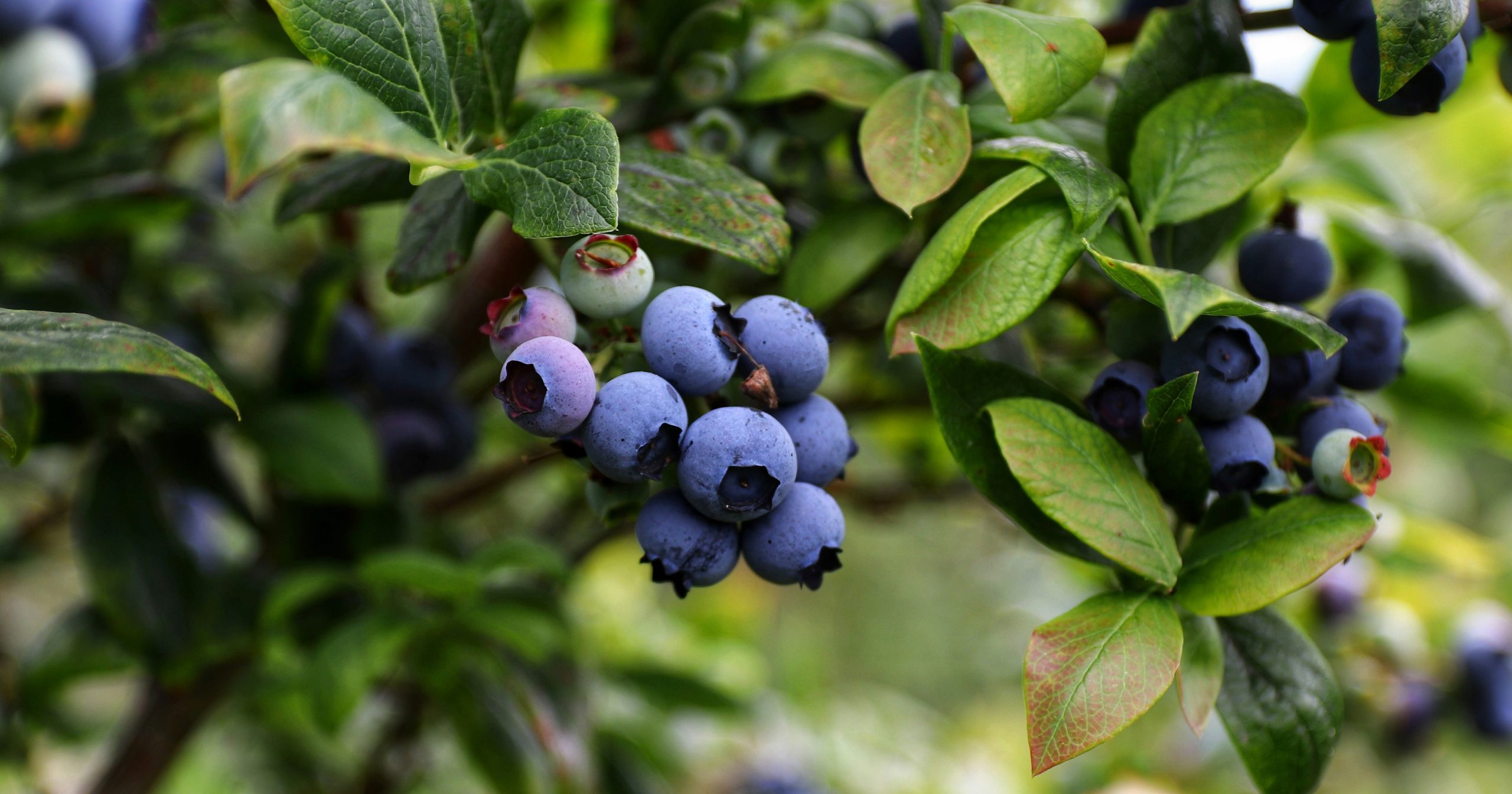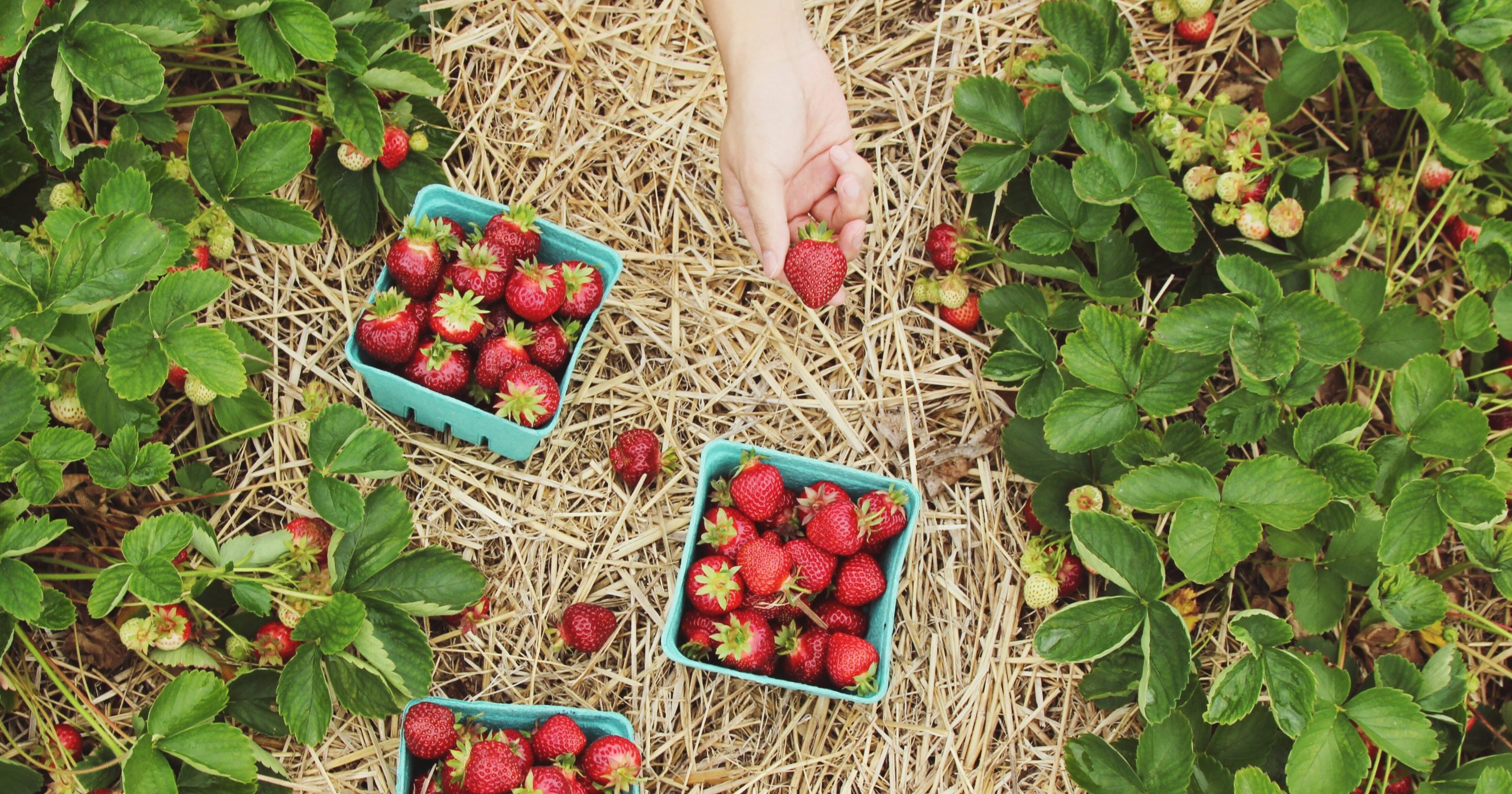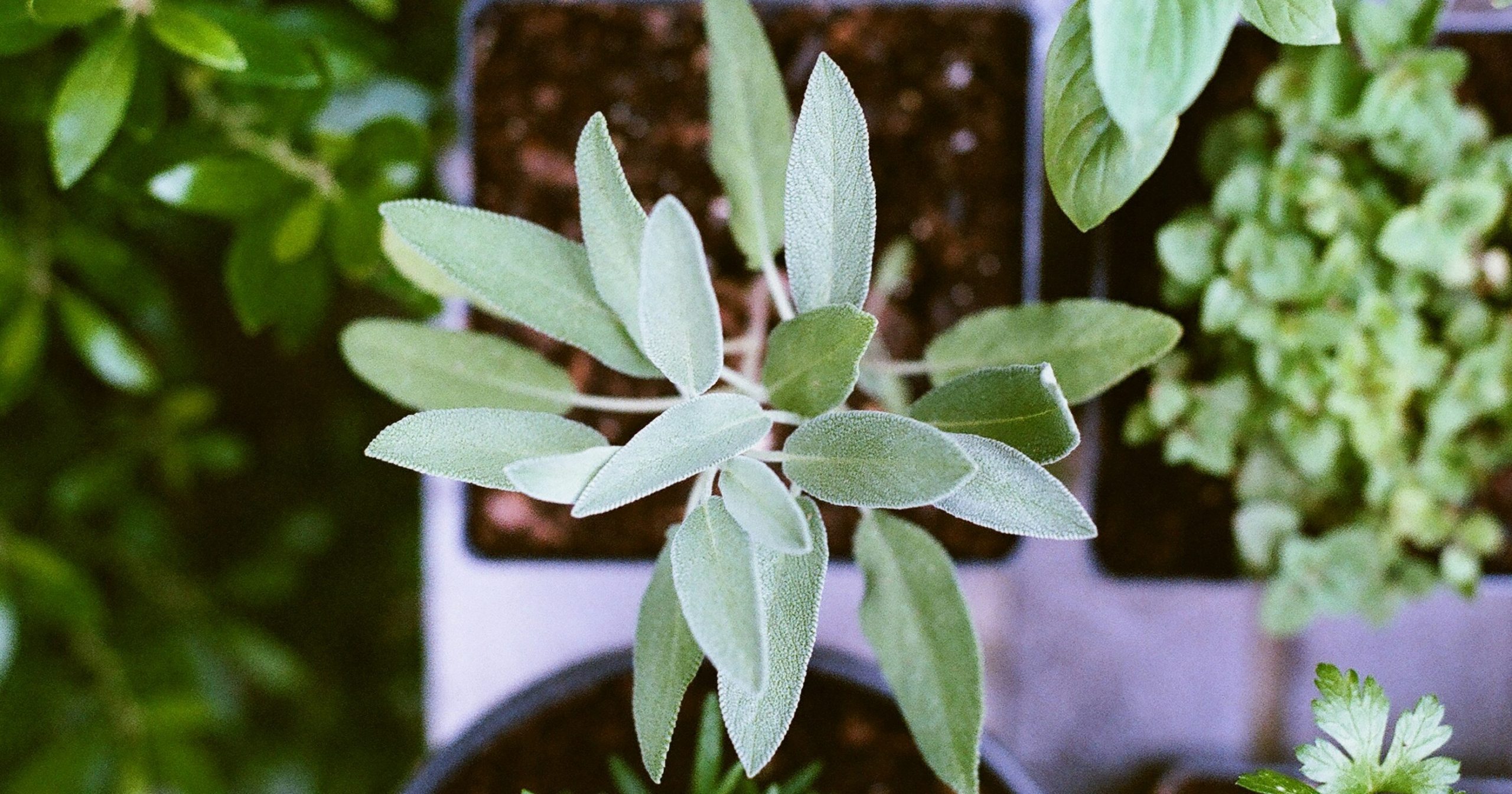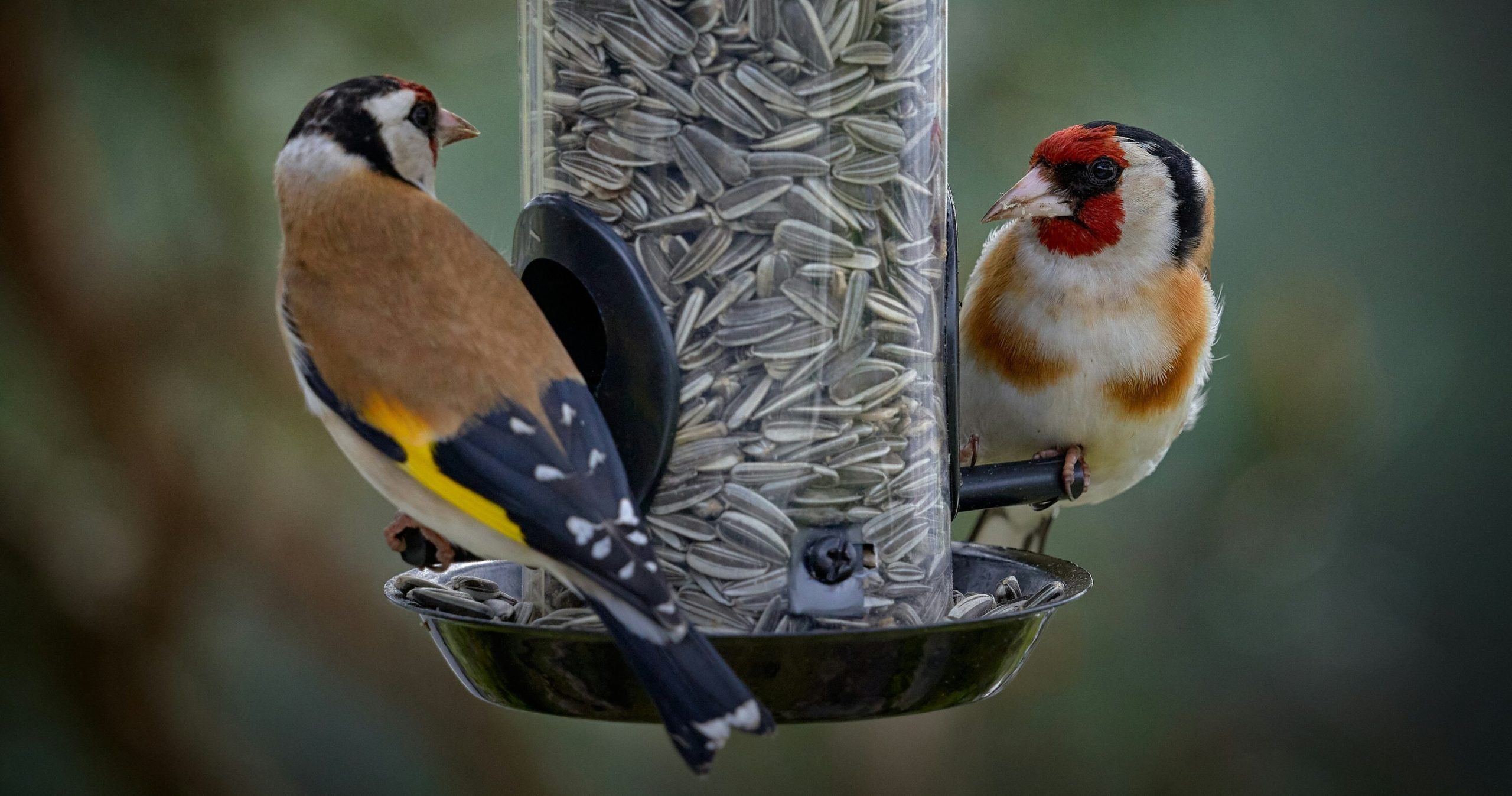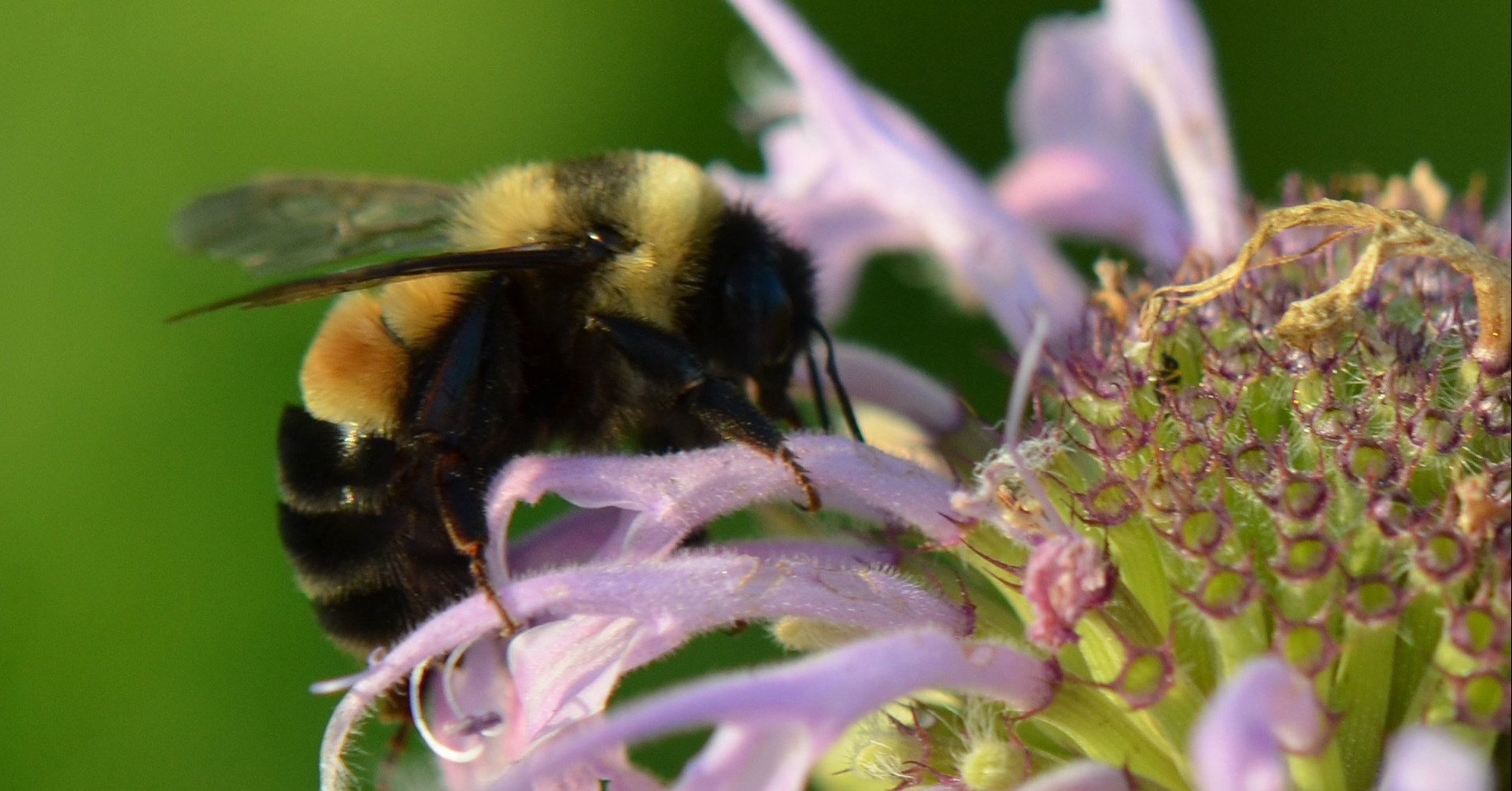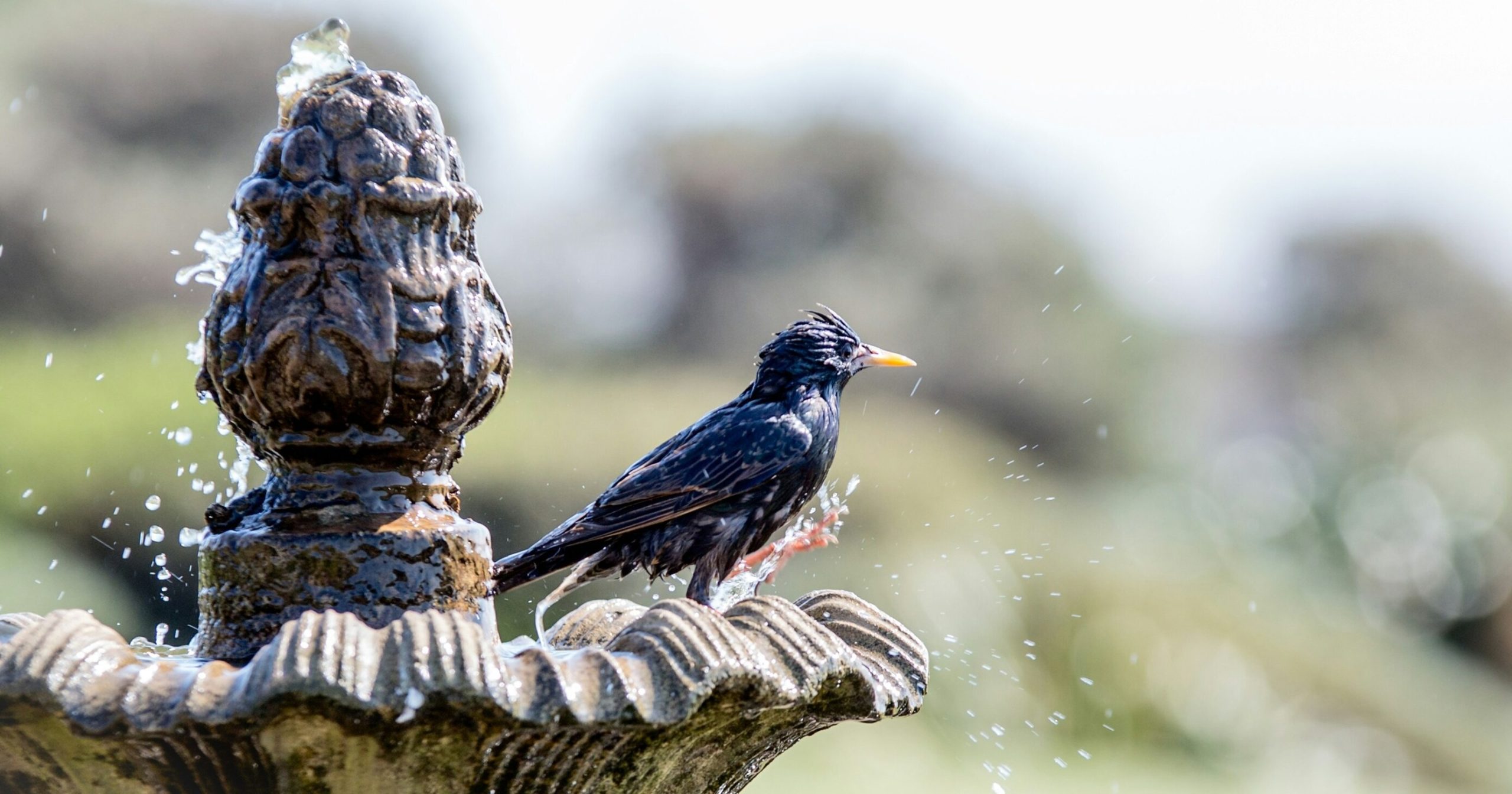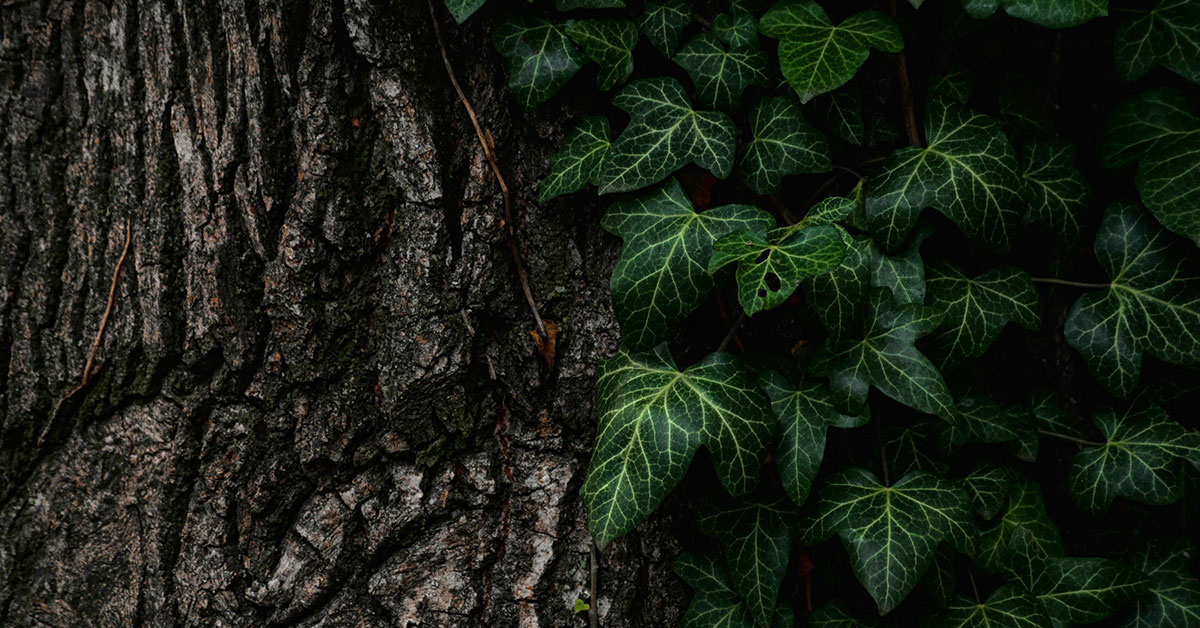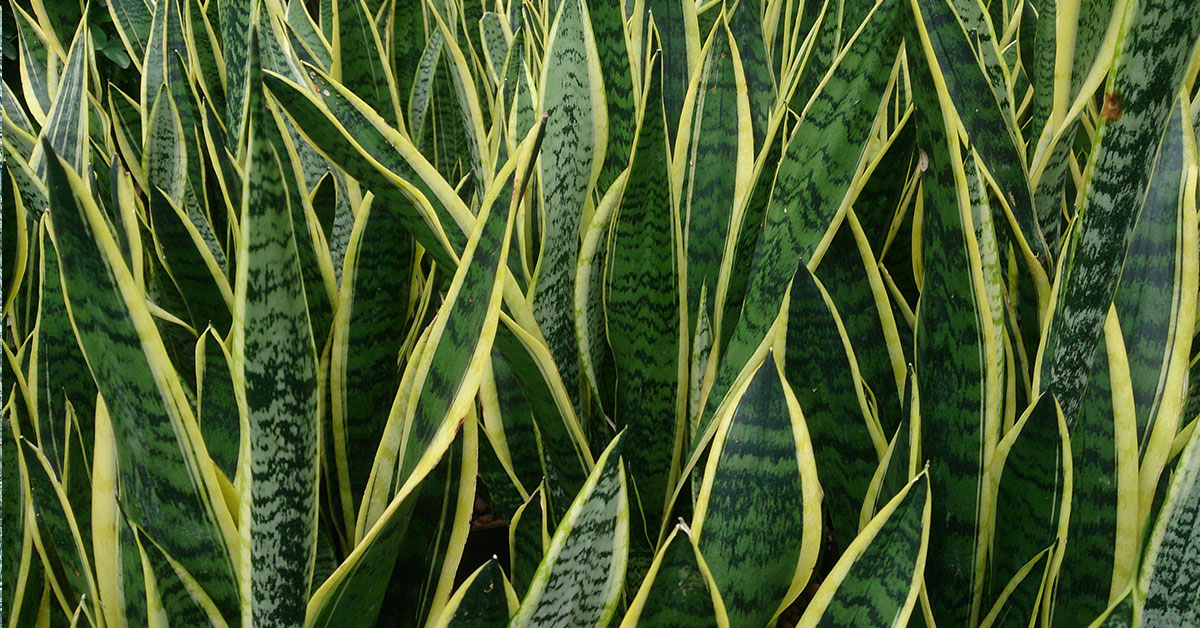Spring is a busy season for home gardeners. It’s the time to start raking matted leaves, edging the beds, removing winter protection wraps, inspecting for plants for damage, fertilizing the trees and plants, pruning flowering shrubs, and of course, pulling the weeds. Once the seeds for produce or flowers have been chosen and planted, the maintenance begins. This involves watering, harvesting, and naturally, fighting those weeds. The weed battle doesn’t really end. Therefore, it’s important to choose your weapon wisely. This homemade weed killer does the trick.
Much of the appeal of home-grown produce is that they are hormone and chemical-free, but that could change depending on the weed killer used.
Strong chemical herbicides, fungicides, and pesticides can contribute to water contamination. Commercial weed killers can pollute not only the groundwater but the soil, as well as garden insects, pollinators, and other wildlife around the garden. This can also detrimentally affect pets and children. Other issues may include irritating airways, skin, and eyes. A common ingredient in these herbicides is glyphosate, which is allegedly linked to causing cancer.
Cynthia Curl, an environmental health scientist at Boise State University in Idaho, said, “Many assumptions have been made about the safety of glyphosate that are now being actively questioned. We will see an explosion of information about glyphosate, and it’s about time. We’re really playing catch-up on this one.”
Read More: 10 Of The Best Gardening Subreddits
Vinegar as a weed killer
Vinegar-based weed killers work by drawing out moisture, and essentially drying weeds out. It can successfully kill weeds including:
- Dandelions
- Canada thistle
- Chickweed
- Buckhorn plantain
- Quackgrass
- Lambsquarters
- Crabgrass
- Pigweed (amaranth)
- Bindweed (perennial morning glory)
One of the ways vinegar works is by lowering the pH of the soil, so keep in mind that it can also harm healthy plants. That’s the main disadvantage of some natural weed killers like this. To avoid destroying desired vegetation and flowers, here are some tips:
- Use tarps to hide the wanted plants
- Avoid using the natural week killer when it’s rainy or windy outside
- Reapplication may be needed for stubborn weed growth
- Not all homemade weed killers are the same. You may need to test different versions to get the desired effect.
This DIY weed killer’s ingredients are inexpensive and may already be waiting in your pantry. If not, it’ll cost about three dollars to make, which cheaper than another natural store-bought weed killer. Additionally, this DIY week killer is completely toxin-free and safe to spray around pets and children without worrying about them inhaling harsh chemicals.
Homemade Weed Killer Recipe
Ingredients:
- 1-gallon white vinegar (5% acetic acid)
- ¼ cup natural dish soap*
- 2 cups Epsom salt (regular salt can be substituted)
Directions:
- Prepare a gallon-large container and a spray bottle to apply the weed killer.
- Pour the salt into the container.
- Add the vinegar, and mix it with the salt. Let sit for around an hour to allow the salt to dissolve.
- Add the dish soap and mix until all the ingredients are combined and pour the mixture into the spray bottle.
A Note on Dish Soap
You’ll often find dish soap in DIY weed killers like is this. While the soap its self is not doing the ‘weed-killing’ it is used in the formula as a binder to help the active ingredients stick to their intended targets. The acetic acid and salt work to dry out the leaves, which makes the plant unable to produce food. This is what causes the weeds to die.
Dawn dish soap is one you’ll often see and is originally used in this recipe. However, if you’re looking to use one that is more eco-friendly you can something natural and unscented like ECOS or Seventh Generation.
Additional Tips:
- It may take up to 24 hours for the weeds to die completely, and bigger weeds may require more sprays than smaller ones.
- Take care not to spray the grass or plants around the weeds since this weed killer will kill them as well.
- This DIY Weed Killer is best used on sunny days since the sun helps hasten weed death once sprayed.
You don’t need potentially toxic chemicals to have a weed-free garden. This homemade weed killer is effective and non-expensive. Give it a try!
Keep Reading: Uses For Baking Soda In The Garden
